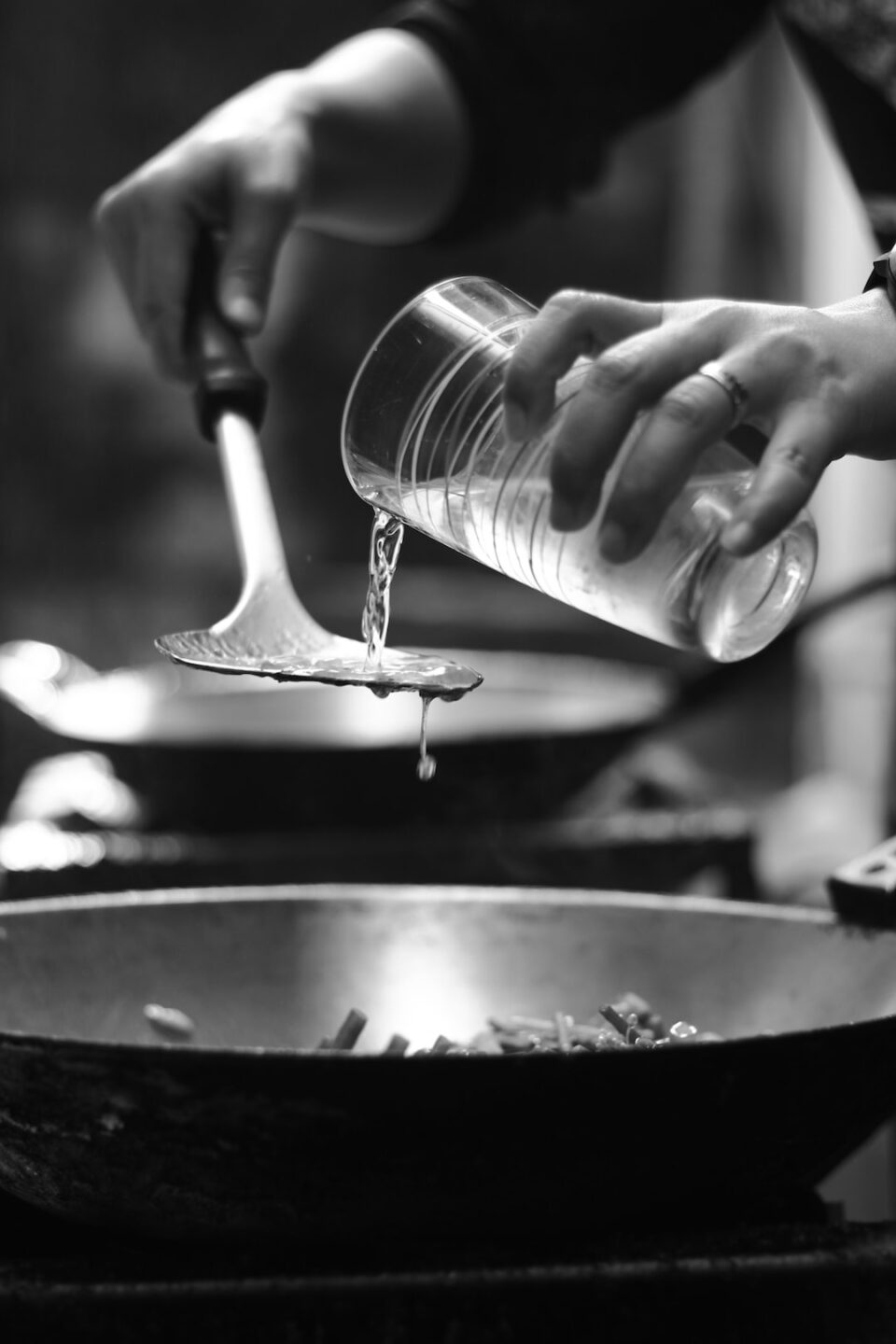Design is all around us, shaping and enhancing our daily experiences. From the chair we sit on to the smartphone we use, every product we interact with has undergone a meticulous design process before it is brought to life. This journey, known as industrial design, involves transforming ideas from simple sketches into tangible and functional products.
The process of industrial design begins with an idea. Whether it is a problem to be solved or a new innovation to be introduced, it all starts with a concept that is sketched out on paper. These initial sketches serve as a visual representation of the designer’s vision and act as a blueprint for the next stages of the design process.
Once the initial sketches are complete, the next step is to translate them into a more detailed concept. Designers use various tools and techniques to refine their ideas, such as computer-aided design (CAD) software, 3D modeling, and prototyping. These tools allow designers to experiment with different shapes, sizes, and materials, bringing them closer to their desired end product.
The design phase is not just about aesthetics; functionality and user experience are equally important considerations. Industrial designers strive to find the perfect balance between form and function, ensuring that their creations not only look good but also serve a purpose. They carefully analyze user needs and preferences, conducting extensive research and testing to create products that are intuitive and enjoyable to use.
Once the design is finalized, it is time to bring it to reality. This involves selecting the appropriate manufacturing methods and materials, taking into account factors such as cost, scalability, and environmental impact. Industrial designers collaborate with engineers, manufacturers, and suppliers to ensure that the product can be mass-produced efficiently and meets all safety and quality standards.
The journey from sketch to reality can be a complex and iterative process. It involves constant feedback, adjustments, and improvements to ensure that the final product is everything the designer envisioned. It requires not only creativity but also technical knowledge, problem-solving skills, and attention to detail. Industrial designers must stay updated with the latest trends, materials, and manufacturing techniques to deliver innovative solutions that captivate consumers.
In conclusion, industrial design is a fascinating journey that transforms ideas into tangible products. It is a harmonious blend of art and science, where creativity meets functionality. From initial sketches to detailed concepts, and from prototyping to mass production, every step of the design process is essential in creating products that enhance our lives. Designers play a crucial role in shaping our world, making it more aesthetically pleasing, efficient, and user-friendly. So, the next time you admire a beautifully designed object, take a moment to appreciate the journey it went through, from a mere sketch to becoming a reality.
Publisher Details:
Leo Design
https://www.leoindustrialdesign.com/
Professional homepage of Leonardo Romeu, Industrial Designer with more than 24 years of experience in Home Appliances for Brazil, Latin America, Europe, Asia and Middle East.

